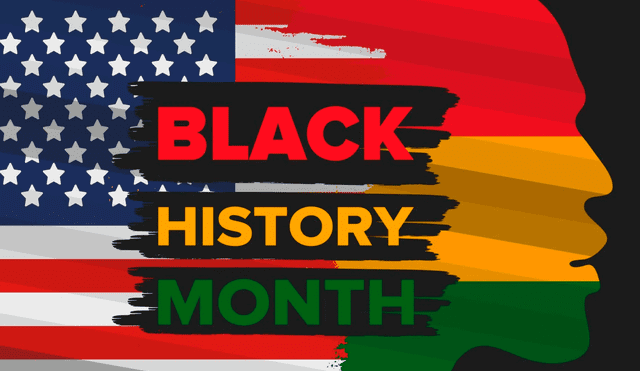Black History Month 2025: Origins, significance, and why it’s celebrated in the US
Black History Month 2025 honors the contributions of African Americans in shaping U.S. history.

Every February, Black History Month is observed in the United States as a time to recognize and celebrate the contributions, struggles, and history of African Americans. What began as a week-long observance in 1926 has grown into a month-long reflection on the achievements and impact of Black individuals in shaping American history and society.
Established by historian Carter G. Woodson, Black History Month serves as a reminder of the resilience and accomplishments of African Americans throughout the country’s history. In 2025, the annual commemoration continues with a dedicated theme that highlights key aspects of Black heritage, ensuring that the lessons of the past remain relevant today.

ALSO SEE: Trump to impose 25% tariffs on Mexico and Canada from February 1 and threatens China with the same
What are the origins of Black History Month?
Black History Month traces its roots back to 1926, when Carter G. Woodson, a renowned historian and founder of the Association for the Study of African American Life and History (ASALH), created Negro History Week. He chose the second week of February for this observance to align with the birthdays of Abraham Lincoln and Frederick Douglass, two key figures in Black history.
The initiative aimed to encourage schools and communities to teach the often-overlooked history of African Americans. Over the decades, the celebration grew in scope and importance, eventually expanding to a full month in 1976, when President Gerald Ford officially recognized Black History Month and encouraged all Americans to honor the achievements of Black citizens.
Since then, every U.S. president has continued this tradition, designating an annual theme that reflects different aspects of Black history and culture.
Each year, the ASALH selects a theme to focus on a specific area of African American history. For 2025, the theme is “African Americans and Labor”, highlighting the crucial role Black workers have played in building America’s economy and the labor movements that have shaped workers' rights.

Black History Month encourages Americans to reflect on the past and strive for a more inclusive future. Photo: AFP.
Why Black History Month is celebrated in February?
The decision to celebrate Black History Month in February dates back to Carter G. Woodson’s original vision for Negro History Week. He chose the second week of the month to coincide with the birthdays of Abraham Lincoln (February 12) and Frederick Douglass (February 14), two figures deeply connected to the fight for Black freedom and civil rights.
Lincoln, as the president who signed the Emancipation Proclamation, played a key role in abolishing slavery, while Douglass, a former enslaved person turned abolitionist leader, advocated for racial justice and equality. Their influence and impact made February a fitting time to honor African American heritage.
The expansion of the celebration to a full month in 1976 allowed for deeper engagement with Black history across schools, institutions, and the broader public.
How Black History Month is celebrated in the US
Throughout February, Black History Month is recognized through educational programs, cultural events, and community initiatives across the country. Schools incorporate Black history into their curriculums, museums and organizations host exhibitions, and local communities hold special events to honor key figures in Black history.
Some families and individuals take time to explore their genealogy and personal connections to Black history, while businesses and corporations use the month to highlight the contributions of Black innovators and leaders. Advocacy groups also use this time to raise awareness of ongoing racial inequalities and promote initiatives that support racial justice and economic empowerment.
However, many believe that Black history should be taught and acknowledged year-round, rather than confined to a single month. This perspective encourages integrating Black history into standard education, media representation, and cultural discussions throughout the year.